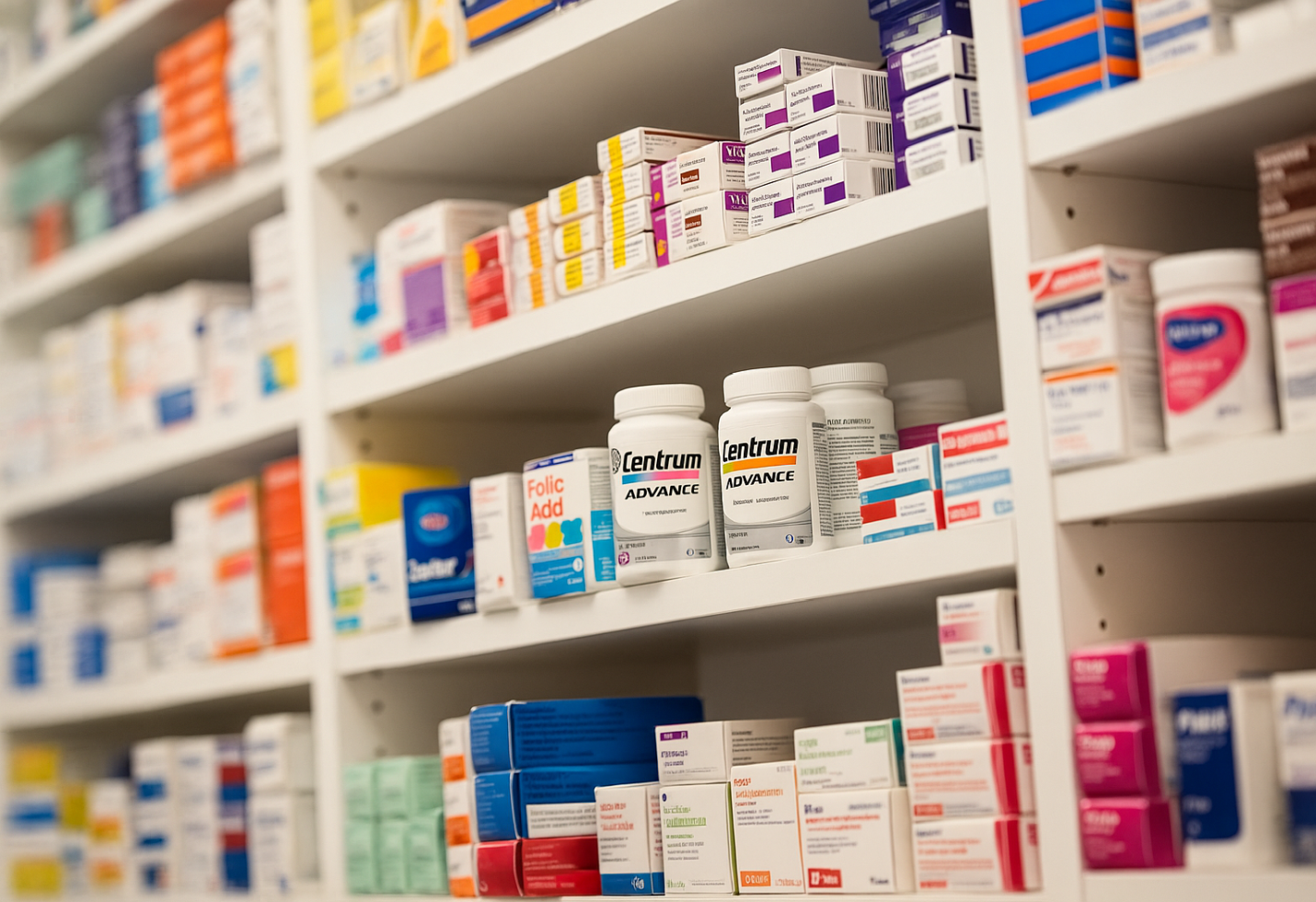Peerless Group to Exit Insurance Distribution and Double-Down on Hospitals
Peerless General Finance & Investment (the Peerless Group) has signalled a strategic pivot: the group will exit the insurance-distribution business and redeploy capital and management bandwidth into healthcare (hospitals), real estate and core operations. Management says the sale of Peerless Financial Products Distribution Ltd is underway, with an IRDAI transfer expected after due diligence, and the group expects the divestment to complete within ~12 months.
Why the move: scale, margin and capital intensity
Peerless’ management has framed the distribution unit as “non-core” to an operating model now dominated by hospital assets and property development; proceeds from the sale will help finance a planned capex cycle of roughly ₹1,100 crore across healthcare and real-estate verticals. The group has already earmarked sizable investments and considers the hospital platform a higher-growth, higher-margin medium-term opportunity.
Key headline numbers (latest publicly disclosed)
* Consolidated revenue (FY ended Mar 31, 2024): ₹7,711.29 million (i.e., ₹771.13 crore). Consolidated EBITDA before exceptional items was ₹3,175.30 million. Profit before tax (consolidated) was ₹2,446.35 million (standalone figures are reported separately). These figures come from the Peerless 2023–24 consolidated financial statements.
* FY25 early public comments: Management reported group revenue of ~₹812 crore for FY25 and set an ambition to become a ₹1,000-crore revenue company from core businesses (hospitals + real estate + treasury).
* Hospital segment: FY24–25 hospital revenue reported ₹362 crore; target to exceed ₹500 crore by 2026 as new capacity and tertiary facilities come online. Bed count was ~750 beds in 2025 (500 at Panchasayar campus + 250 in Guwahati), with a plan to scale >1,000 beds by 2026. The Guwahati hospital opened in July 2025 and will scale from an initial ~100 beds to 300 beds by 2026.
Transactions & capex specifics
* Management disclosed a ₹1,100 crore investment program (healthcare + real estate), a mix of greenfield expansion (oncology tower at Panchasayar), brownfield consolidation, and acquisitions/outsourcing of operations for regional hospitals. A significant chunk has already been invested; exact phasing remains management guidance.
* Recent healthcare M&A/expansion: Peerless launched/commissioned its Guwahati facility (announced July 2025) — described as a 100-bed starter facility scaling to 300 beds; reports cite acquisitions/commissioning costs (regional reporting varies by headline) and the Group’s aim to add ~130 beds at Barasat plus an 11-storey oncology block at Panchasayar.
Profitability and operating metrics (segment-level commentary)
Management states hospital EBITDA margins improved materially — company commentary cites an improvement from roughly 12% (pre-pandemic) to ~19% in recent years owing to procedural mix, better occupancy, and cost discipline. These margin gains are a key rationale for scaling the hospital platform. Independent hospital-market infographics (industry reports) show specialty care and tertiary services generally command higher per-bed revenues, supporting the margin thesis.
Balance-sheet highlights (from FY24 consolidated report)
* Cash & cash equivalents: ₹839.40 million (i.e., ₹83.94 crore).
* Fair value of investment properties recorded at ₹5,098.35 million (≈₹509.84 crore).
* Share capital (issued): 33,15,584 equity shares of ₹100 each (₹331.56 million).
* Total consolidated revenue for FY24: ₹7,711.29 million; PBT (consolidated) ₹2,446.35 million; profit for the year (consolidated) ₹2,237.36 million. (Amounts as reported in the FY23–24 Ind AS consolidated statements — all figures in Rs. million in the report).
Financial ratios and their implications
* EBITDA margin (group consolidated): EBITDA (₹3,175.30m) / Total revenue (₹7,711.29m) ≈ 41.2% for FY24 (this is a consolidated operating margin proxy before finance cost and depreciation — largely driven by investment income and non-operating yields in PGFI’s mix). Hospital EBITDA margin (company commentary) ≈ 19% — lower than consolidated because the group’s investment income and treasury returns inflate consolidated margins.
* Return on capital: management capex (₹1,100 crore) vs targeted incremental revenue (hospital from ₹362cr → >₹500cr) implies heavy upfront capital — payback and ROIC will depend on realized margins (targeting hospital EBITDA ~19%) and occupancy ramp timelines through 2026.
Risks and execution challenges
Capital intensity (₹1,100cr), near-term funding costs and interest carry will pressurize near-term PAT even while positioning for medium-term growth. Management warns of higher funding costs depressing short-term profits. Regulatory approval for the distribution arm sale (IRDAI) and successful buyer identification are execution risks. Integration of acquisitions and realization of bed/occupancy targets (timelines to 2026) are operational risks.
Conclusion
Peerless is intentionally reshaping itself from a mixed financial-services and property group into a healthcare + real-estate growth engine backed by a concentrated capex program and selective disposals. The success hinges on execution: selling the non-core distribution arm at good value, funding capex without over-leveraging, and converting bed additions into stable occupancy and 18–20% hospital EBITDA. For investors and sector watchers this is a classic “re-rate on strategic pivot” story — high runway if execution and margins hold, high short-term variability due to capex and funding cost sensitivity.
The image added is for representation purposes only


